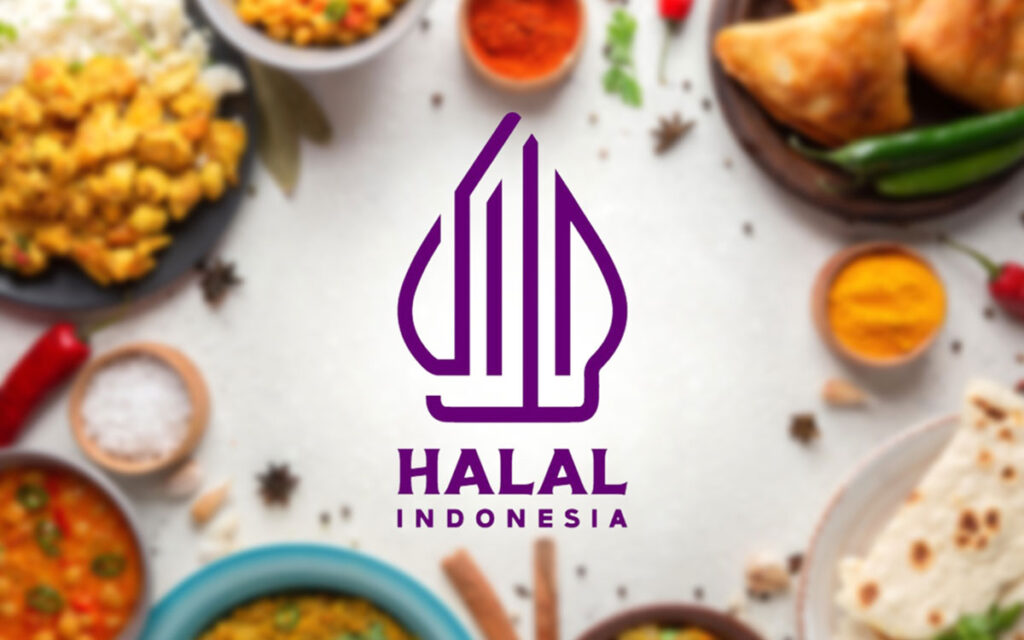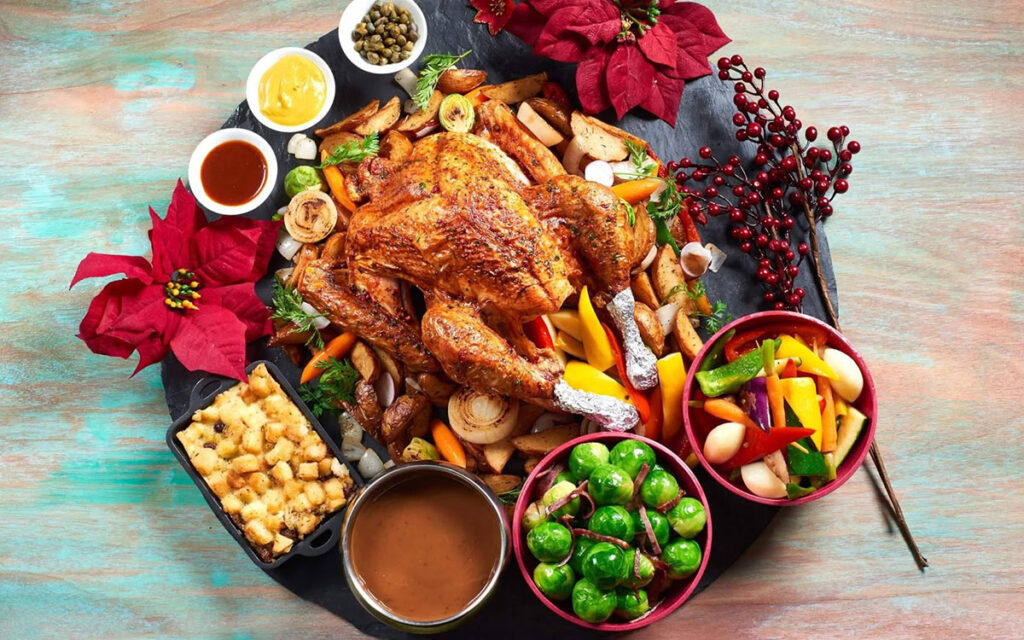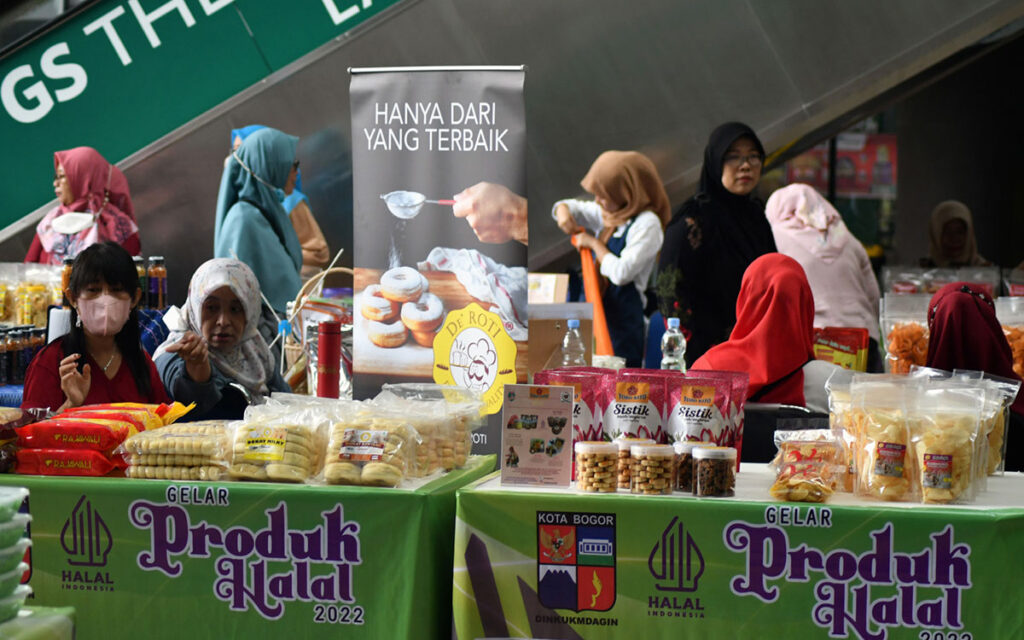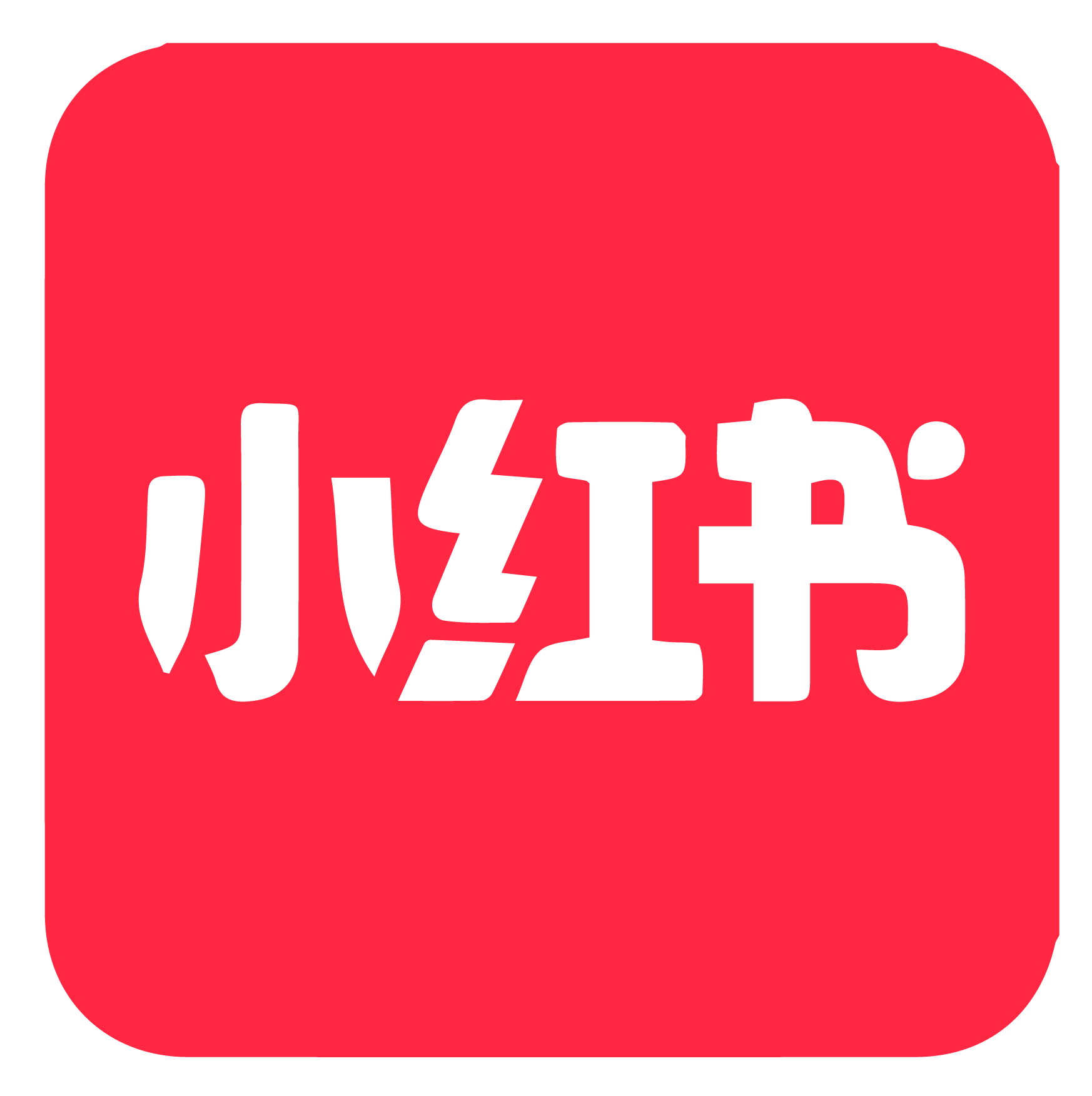
By October 17, 2024, Indonesia’s F&B businesses will have to obtain certification for halal foods sold at their premises. (Photo: FPK)
The Indonesian government has issued a mandate for food and beverage companies to obtain halal certification from the BPJPH (Halal Product Assurance Organizing Agency) by October 2024, threatening to impose fines or withdraw products from circulation if they fail to meet the deadline. It plans to gradually expand the requirement to other business areas as well.
Non-halal foods can still be sold in Indonesia after October 2024. But they will have to be labeled as such, meaning they can no longer rely on the country’s Muslim majority for sales.
The clock is ticking. The application process for a restaurant chain, for example, takes around three weeks, according to the Ministry of Religious Affairs, which oversees the BPJPH. It can take several more months for companies to review their supply chains and resolve any issue.

The application process for a restaurant chain can take three weeks or more. (Photo: Aloft KL Sentral)
Restaurants, retailers, and other food businesses in Indonesia are currently scrambling to meet the deadline. The certification indicates that all food and drinks prepared in-store are deemed to be made using ingredients and processes compliant with Islamic law.
The new requirement is part of efforts by President Joko Widodo to build greater confidence in the country’s halal products. While Indonesia is home to the world’s largest Muslim population, the typical certification offered by the Indonesian Ulama Council (MUI) is considered more lax than those in other countries. In contrast, the halal certification issued by Malaysia’s government agency overseeing Islamic affairs is considered the golden standard around the world.
While the Widodo administration has sought to increase government oversight over the certification process through the BPJPH, the MUI will continue to handle the screening and approval process. The updated halal requirement is expected to boost household spending, which accounts for around half of Indonesia’s gross domestic product. Reciprocal certifications between countries could expand Indonesian exports as well. Obtaining halal certification can be extremely expensive, and the state is currently shouldering the associated costs for small and medium businesses. But it remains unclear what assistance it plans to offer when it expands certification requirements to other goods and services.
In mid-April, Fajar Mitra Indah, a unit of Indonesian conglomerate Wings Group and the local operator of FamilyMart, announced that it was certified halal by the government. Meanwhile, the local operator of Lawson stores, Sumber Alfaria Trijaya is also seeking certification for the convenience chain. Restaurants affiliated with the Kopi Kenangan coffee chain, as well as sushi chains like Ichiban Sushi and Genki Sushi, have already received approval.

Several local food retail operators like FamilyMart have Halal certification from the government. (Photo: Neraca)
The Widodo administration also announced the Islamic Economic Master Plan, covering a range of industries from food to fashion, tourism, and finance. For the five-year period ending in 2025, the government expects domestic consumption of halal products and services to grow by 15% to USD281.6 billion.








